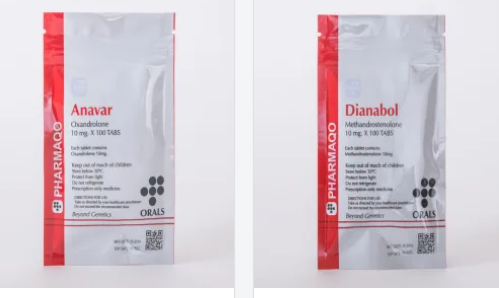Pharmaceutical care is a patient-centered approach that sets a high standard for medication-related health outcomes. At the heart of this practice are key qualities that define good pharmaceutical care. In this article, Estela Arco sheds light on these essential qualities that ensure the safe and effective use of medications.
Patient-Centered Approach
A fundamental quality of pharmaceutical care is its patient-centered approach. In this approach, every aspect of care revolves around the individual patient’s needs, preferences, and unique medical profile. Pharmacists prioritize understanding each patient’s specific health situation to deliver care tailored to their individual requirements. This approach fosters trust, engagement, and a sense of partnership between patients and their healthcare providers.
Comprehensive Medication Management
Pharmaceutical care takes a holistic view of a patient’s medication regimen. It involves a thorough review of not only prescribed medications but also over-the-counter drugs and dietary supplements. Pharmacists ensure that each medication complements the others, reducing the risk of adverse Estela Arco interactions. This comprehensive approach to medication management aims to optimize therapeutic outcomes while minimizing potential risks.
Proactive Identification and Resolution of Drug-Related Problems
Good pharmaceutical care is proactive in identifying and addressing potential drug-related problems. Pharmacists use their knowledge and expertise to anticipate medication-related issues such as inappropriate drug choices, dosage errors, allergies, and interactions. By identifying these problems early, pharmacists can provide effective solutions to ensure patients receive safe and effective treatment.
Collaborative Care
Pharmaceutical care thrives in a collaborative healthcare environment. Pharmacists work closely with other healthcare professionals, including physicians, nurses, dietitians, and more. This collaboration ensures a comprehensive and coordinated care plan for patients, leading to the best possible health outcomes. By sharing information and insights, healthcare providers can make informed decisions that benefit the patient.
Patient Education and Empowerment
In addition to dispensing medications, pharmacists in pharmaceutical care take on the role of educators. They ensure that patients understand their medication regimen, including how each medication works and potential side effects. Moreover, they empower patients by providing guidance on proper medication administration and educating them about lifestyle modifications that can enhance their health outcomes. Informed patients are better equipped to actively participate in their care.
Continuous Monitoring
Pharmaceutical care extends beyond the initial prescription. Pharmacists continue to monitor patients’ responses to medication therapy and make adjustments as needed. This ongoing monitoring ensures that medications remain effective and well-tolerated while minimizing the risk of adverse effects. Patients can have confidence that their treatment plan is regularly reviewed and optimized for their benefit.
In conclusion, the qualities that define exceptional pharmaceutical care are rooted in patient-centeredness, comprehensive medication management, proactive issue identification, collaborative care, patient education, and continuous monitoring. These qualities not only ensure the safe and Estela Arco effective use of medications but also promote the overall well-being and satisfaction of patients under their care.



